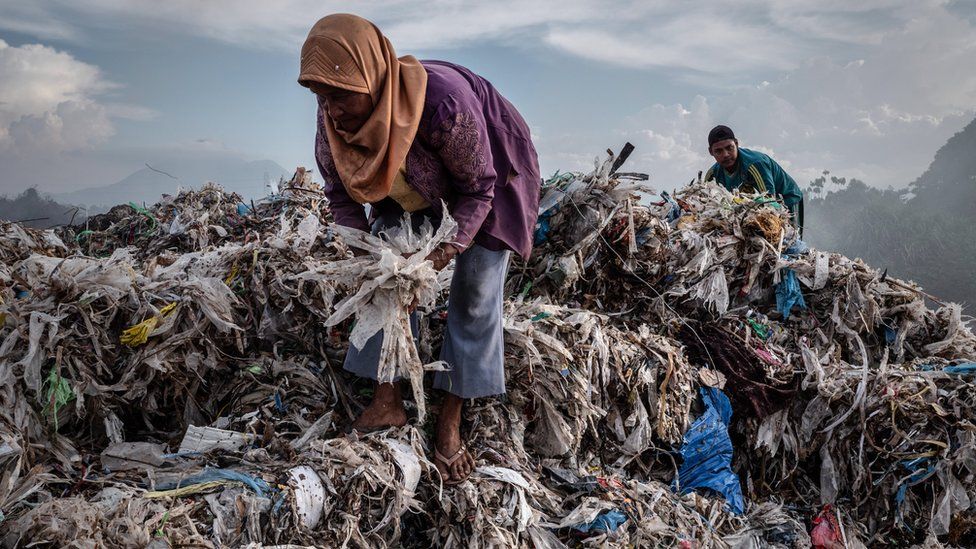
Sorters and waste storage in Texas
One category of recyclers corresponds to micro-enterprises, still informal, larger in size than that of collectors: sorting and stock micro-enterprises. They buy recyclable waste that has already been pre-sorted from collectors.
The price per kg of plastic, metal, glass or other waste is set according to the local market price of raw materials. Some sorters sometimes buy their waste directly from municipal garbage collectors. On the road to controlled landfills, municipal trucks stop directly at sorting and stock micro-enterprises to sell the fruit of their collection.
There are several types of sorters, depending on their size and location in the city. A large part of them are located in the pericenter districts, close to the historic center of Houston, the main market and shopping areas, as well as modern districts.
These are neighborhoods that have been used as waste receptors since the founding of the city. These districts have now specialized in the temporary storage of waste, which is then shipped to the outskirts of the city or resold to industries. The recyclers then work in a family room, which also serves as accommodation.
The concentration of recyclers is very important there. They generally perform a precise sorting of waste (differentiating between types of plastics, for example), clean them and store them, until they have a sufficient quantity to resell them to a wholesale waste trader or directly to the industry which will transform it. into a new raw material.
Other sorters are located in the extreme outskirts of the city like The Woodlands, in newer, not yet consolidated neighborhoods, often near rivers. These are companies working on a large family land adjoining the home, which can therefore store larger quantities of waste.
They are usually located on the route of controlled landfills using roll-off dumpsters in order to intercept waste in their path. Micro-enterprises working in an uncontrolled landfill have very similar characteristics. However, they are working on an even larger area, with much greater waste flows.
Other recycling players operate in the same sorting category: pig farmers. In all the popular districts of Houston, a number of residents keep pigs, which they feed with the organic waste (food scraps) of the population. This technique makes it possible to reuse a large part of the waste, since organic waste represents more than 30% of household waste at Houston.
The conditions of rearing and reuse of waste, however, pose a very great health risk to pig farmers and consumers. Local authorities are therefore much more severe with this type of recycling, which is still very widespread among the poorest families.
Marketing and processing of waste
Following the collection and sorting of waste, come the stages of marketing and processing. This is the buyback of waste by wholesalers, generally specialized in a single type of waste.
Sorting and stockpiling micro-enterprises sometimes perform this marketing task. In other cases they are specific companies. It is from this level that formal enterprises grow in number, due to the larger size of such structures.
Marketing companies, formal or not, then resell their waste to industries that transform it into secondary raw materials. Legal waste management companies often only have permission to work with industrial waste. In fact, the differentiation with household waste is more complex.
